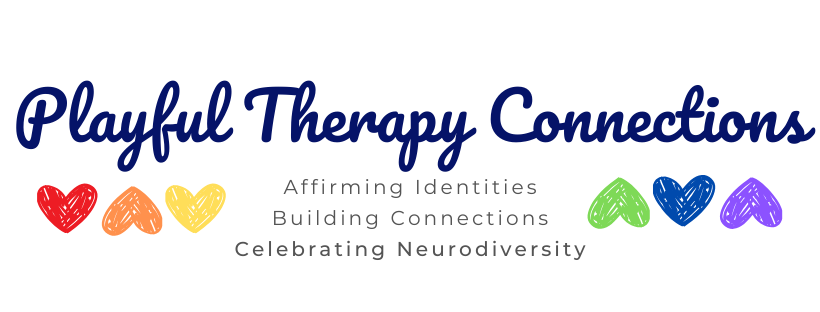Maryland | DC | Virginia | SOUTH CAROLINA | DELAWARE | PSYPACT® STATES
Counseling & Play Therapy
As the parent or caregiver of a struggling child, you’re not looking at therapy as your first course of action - you’ve probably already tried everything you can think of (and everything every well-meaning person has suggested): reading a parenting book or blog, using rewards, ignoring, yelling, meeting with your child’s pediatrician, emailing their teacher for help and consulting with their school counselor. You may have even tried working with another therapist.
And so far, these steps haven’t resulted in long-term relief of the challenges you and your family are facing. Each morning is a fight, maybe even from the moment their eyes open. Your child continues to come home from school, defeated by their day and seems to be taking it out on the nearest family member. You aren’t able to enjoy your time together like you used to and you and/or your partner might even be feeling resentful towards your child or one another, even when you know it’s all a sign that they’re having a hard time.
So here you are. And you’re not looking for just any therapist, you’re looking for the therapist who is finally going to get it. Who isn’t going to lock themselves in a room with your child for an hour and then send you on your way without a clue about what happened. The therapist who is going to get to know you and your child, who can connect with their personality and quirks, and draw out their honest selves, not only without judgment but with genuine enthusiasm! You’re ready for a therapist who won’t just nod their head at you but who will be an active participant - giving you support, feedback and suggestions.
What will individual therapy for my child look like?
we can help with:
Navigating a Neurotypical world as a Neurodivergent child
Exploring Autism
Supporting PDA’rs (Persistent Demand for Autonomy / “Pathological” Demand Avoidance)
Managing anxiety / excessive worrying
Supporting a depressed mood
Improving self-esteem & self-compassion
Understanding irritability
Supporting social concerns / friendship building
Understanding meltdowns / emotional dysregulation / big feelings
Managing anger
Understanding behavioral challenges
Exploring ADHD
Navigating the world with learning differences
Navigating being Twice-Exceptional
Supporting coping skills
Supporting family changes / transitions
Navigating grief and loss
Exploring queer/LGBTQIA+ identities
Dealing with general stressors
Developing parenting skills to support your unique child
Understanding your/your child’s neurotype, strengths & support needs
what to expect
After completing a free consultation call with our New Client Coordinator, you’ll be matched with a Clinician whose expertise, personality and schedule match your needs.
Next, we’ll schedule your parent(s)/caregiver(s) only intake, which is an opportunity to get to know your Clinician, discuss relevant background information, and begin to explore goals and treatment approaches.
Thereafter, sessions are typically held on a weekly basis at a regularly scheduled time.
The overall length of treatment will vary based on a number of factors, such as:
Child’s readiness to engage with the clinician
Length of time concerns have been present
Intensity of concerns/difficulties
Child’s ability to generalize skills to the world outside the playroom
Caregiver engagement and ongoing support
Support and involvement of other professionals (teachers, psychiatrists, OTs, PTs, SLPs, etc.)
We recommend that you feel comfortable committing to at least 16 sessions, though a course of treatment is often longer for children.
caregiver involvement
If your child disappears behind a door and re-emerges 45 minutes later and you have no idea what happened - how can you help? You really can’t!
Your clinician is with your child once a week. As a caregiver, the rest of the time is yours! Children need your support in order to generalize the new skills they’re learning in therapy.
Caregivers should expect regular communication with their child’s clinician and you are encouraged to ask questions.
Methods of involvement we use often include:
Participation in part or all of a session
Resources (links to online articles, book suggestions or referrals)
Parent/Caregiver-only sessions
Secure messaging or emails

